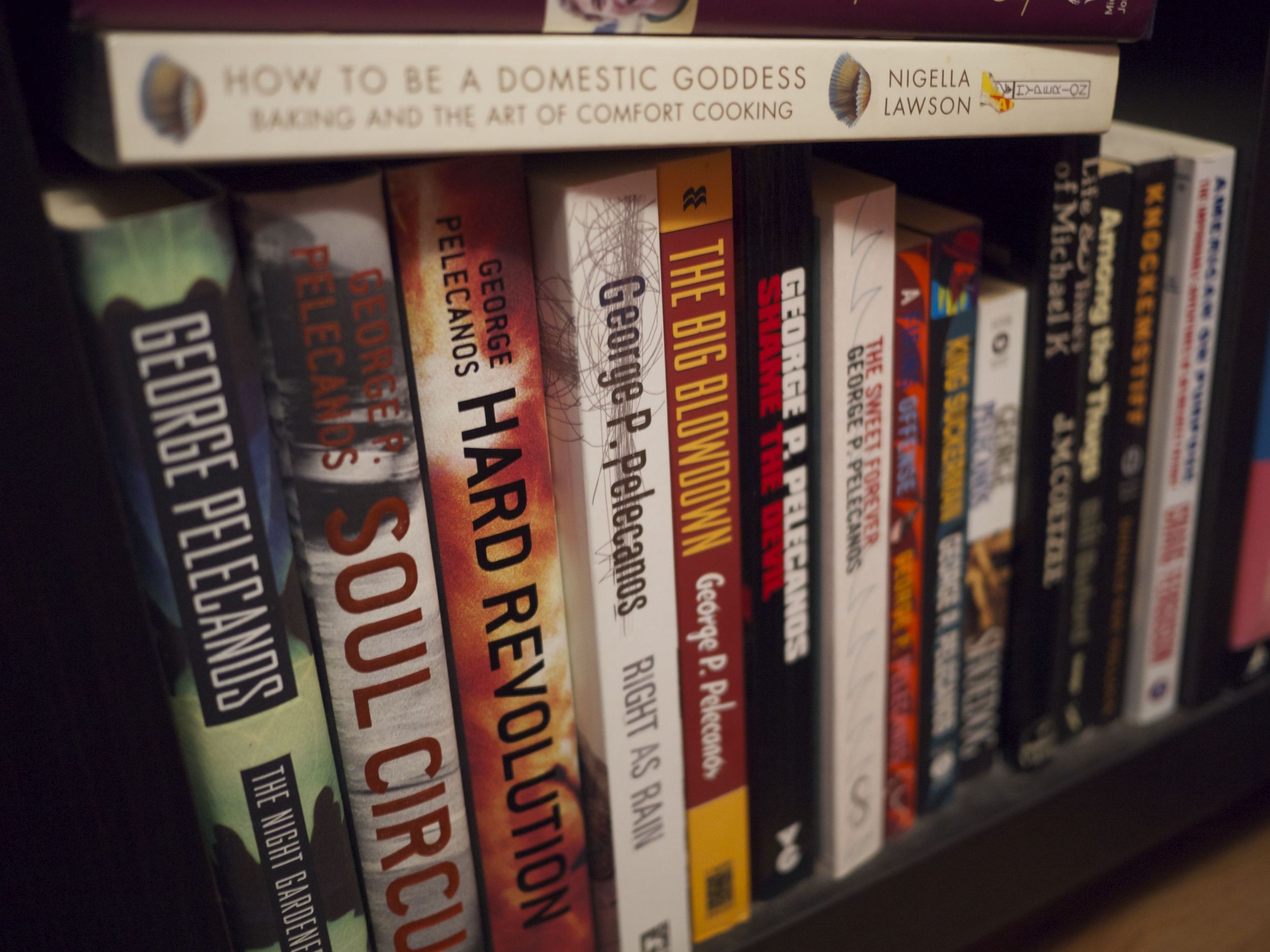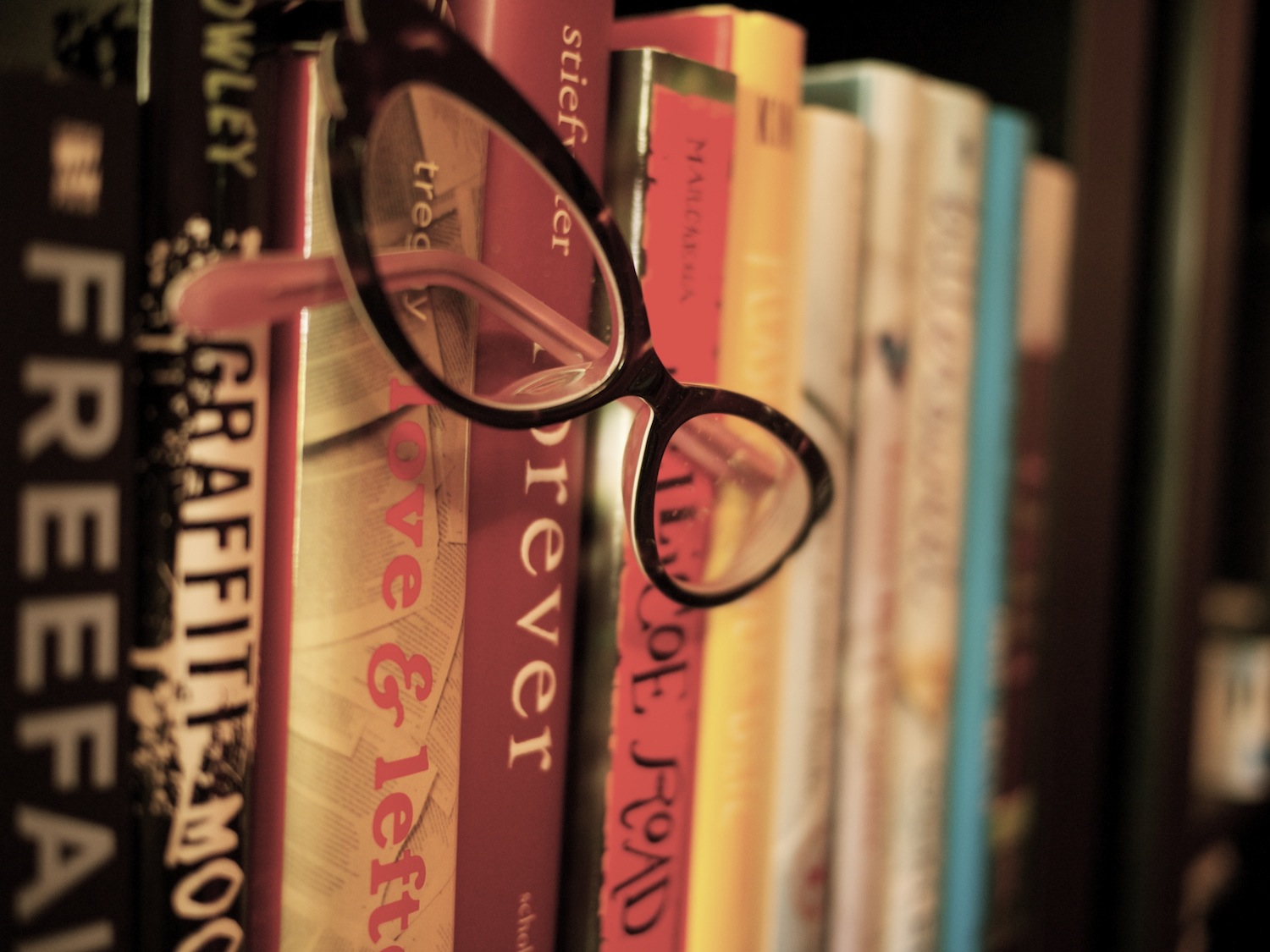Recommendation Tuesday started as a joke and is now an official thing. Basically, this is my way of making Tuesday a little more awesome. If you've got a book to recommend on this or any Tuesday, tweet me at @FullShelves and I'll help spread the word.
View all of the past recommendations over here.
It's not often I find a work on literary fiction that has a story as compelling as its prose--hence, I don't recommend it very often. Sparkling, thoughtful writing is wonderful, but it feels awfully vapid when the story falters. Or it's filled with dull Middle Aged Man Angst.
Discovering Celeste Ng's Everything I Never Told You was an unexpected surprise, as result. While imperfect (as all novels are), it hits so many notes that make worth checking out, even if you normally avoid literary fiction. It's a historical novel, though the 1970s time period is one of the book's less-developed aspects, but more than anything it's a story of family and marriage.









